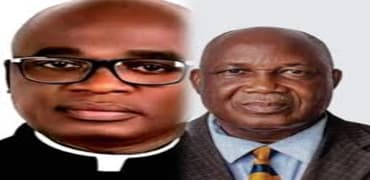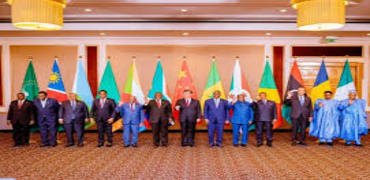Shehu Sani Defends Tax Reform Bill: Calls For Merit-based Debate, Not Regional sentiments
"Shehu Sani Defends Tax Reform Bill: Calls for Merit-Based Debate, Not Regional Sentiments"
By Achimi Muktar
Former Senator Shehu Sani has dismissed claims that the new tax reform bill currently before the National Assembly is harmful to northern states, urging lawmakers to approach the bill with seriousness and avoid regional bias. His comments come amidst growing concerns from some northern governors and traditional rulers, who have outrightly rejected the bill.
In a statement posted on his X account, Sani emphasized that the bill is economically beneficial and fair to all parts of the country. He urged stakeholders to put aside regional sentiments and thoroughly examine the bill for its long-term economic benefits.
“The Tax Reform Bill is not inimical to the North or any part of this country,” Sani wrote. “It is a comprehensive and bold move to harmonize and simplify tax administration and streamline its operations and enforcement. The bill will actually generate and safeguard more revenue for the states and combat corruption in the so-called tax waivers granted to business elites.”
Sani further called on northern governors to reconsider their stance, advising them to read the bill carefully and make necessary adjustments, rather than rejecting it outright. “There is nowhere in the document where any region will be shortchanged, or taxes will be increased, or jobs will be lost,” he noted.
The bill, introduced by the administration of President Bola Tinubu, aims to overhaul Nigeria’s tax system by introducing four key pieces of legislation: the Nigeria Tax Bill 2024, the Tax Administration Bill, the Nigeria Revenue Service Establishment Bill, and the Joint Revenue Board Establishment Bill. One of the more contentious aspects of the bill is the shift to a derivation-based model for Value Added Tax (VAT) distribution, which would allocate tax revenue to the states where goods and services are consumed, rather than where companies are headquartered.
Despite this controversy, civil rights group Human Rights Writers Association of Nigeria (HURIWA) has backed Sani’s stance, appealing to the National Assembly to evaluate the bill based on merit rather than regional or ethnic sentiments. In a statement, HURIWA called for fact-based discussions, urging lawmakers to focus on the bill’s long-term impact on the Nigerian economy.
“Those who oppose the bills should list out their reasons backed up by scientific evidence and statistics, not on ethnic or regional sentiments,” HURIWA said. The group stressed that the tax reform should empower northern states to become more economically self-reliant, reducing the need for constant disputes over revenue sharing.
The introduction of these tax reforms stems from recommendations by the Presidential Committee on Fiscal and Tax Reforms, headed by Taiwo Oyedele, and aims to provide a clear legal framework for taxes in Nigeria. With the reforms aimed at strengthening Nigeria’s revenue generation, lawmakers are expected to grapple with the balancing act of equity and fairness as they debate the bill in the coming months.
The next few weeks will be crucial as lawmakers deliberate on the future of the tax system in Nigeria, with both supporters and critics watching closely to see how the bill will shape the nation’s economic landscape. Will the National Assembly take a merit-based approach, or will regional sentiments dictate the outcome? Time will tell.

















